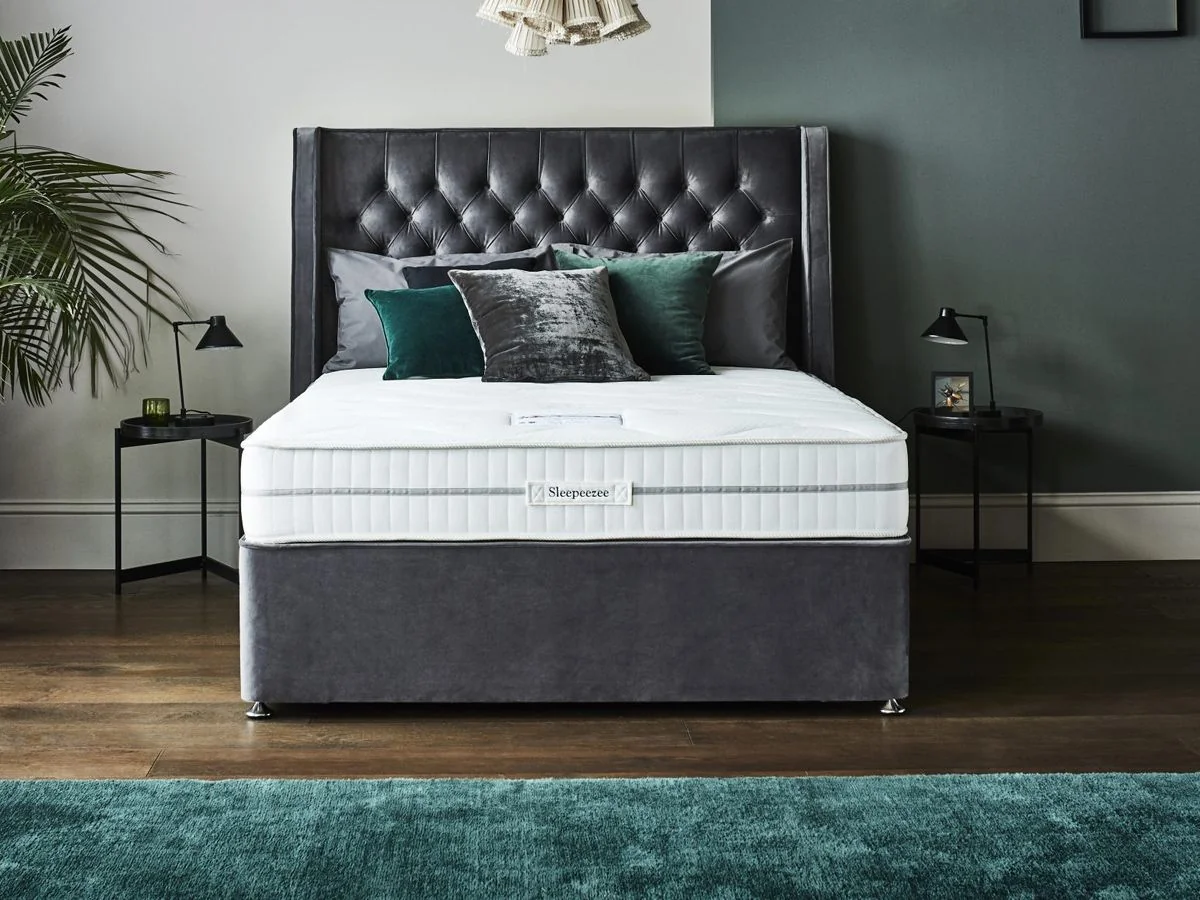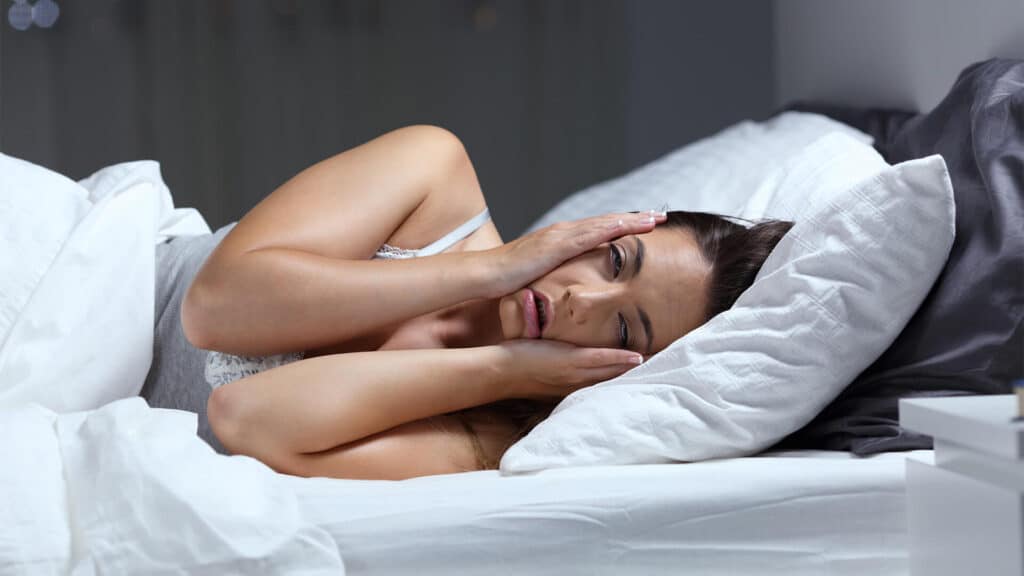Sleep Talk Blog, Health & Wellbeing
Why Do We Twitch and Jerk In Our Sleep & What Does It Mean?
Why Do We Twitch and Jerk In Our Sleep
Twitching and jerking in your sleep is perfectly normal as your brain cycles through various sleep states. These involuntary movements are random but utterly harmless unless you happen to whack the person sleeping next to you!
These twitches and jerks are hypnic jerks, defined as sudden, involuntary muscle contractions that make us jump, hit, and kick out.
To understand why we twitch and jerk in our sleep, it’s helpful to understand what happens when we drift off.
What happens when we fall asleep
As we drift off, our brain undergoes a chemical rebalance, and our sleep-promoting neurons become more active. We don’t go offline but rather relinquish control to our brain to regenerate itself in a washing process.
This complex process comes with a caveat - as we transition from voluntary to involuntary control, we twerk and twitch. This happens because our muscles are fired by our nervous system, which is in flux.
During this wake-sleep transition, we lose voluntary control of our body, and this causes involuntary twitches and jerks.
Thankfully, twitches and jerks often occur when drifting off and in light sleep stages, with our bodies settling down during deep and REM sleep.
That’s not to say twitches and jerks don’t occur in deep and REM sleep, though; twitches happen in all sleep stages, and researchers have found that finger twitching is most common during REM sleep (when we dream).
Can you stop hypnic jerks?

Hypnic jerks are impossible to stop; not only are they entirely unpredictable, but they are completely involuntary too. However, researchers have found hypnic jerks are less frequent in people with good sleeping habits.
This study found that hypnic jerks are more frequent in sleep-deprived and anxious people who have sleep-impairing habits like drinking caffeine at night or exercising before bed (which stimulates the brain).
With this in mind, here are a few ways to adopt better sleeping habits:
- No caffeine within 2 hours of bedtime
- No sugary foods within 2 hours of bedtime
- No smartphone at least 1-hour before bed
- No exercise within an hour of bedtime
- Go to bed at the same time every night
- Wake up at the same time every day
- Make your room as dark as possible
- Switch off distracting lights and electronics
Hypnic jerks are less common when ready for bed and less stressed and anxious. Relaxation techniques can help relax your mind before bed. Try meditation and deep breathing to bring your anxiety under control.
Get a comfy bed?
You are more likely to twitch and jerk when your bed is uncomfortable because your body finds it more challenging to settle down.
Consider upgrading your mattress if it’s more than ten years old, squeaky, lumpy, or too firm for your body weight. Generally, the heavier you are, the firmer your mattress should be, with firm mattresses ideal for people over 220lbs. Medium mattresses are ideal for people weighing 140lbs to 200lbs, with medium-soft and medium-firm also available.
An excellent place to start for a mattress is our award-winning range.

Another upgrade that can improve comfort at bedtime is a lower or higher bed depending on your mobility. Lower beds create a sense of lounging and relaxation, while more elevated beds are easier to get in and out of and more suited to older adults.
Check out our range of beds to see what’s available.
Hypnic jerks are normal, but daytime jerks are not
Hypnic jerks happen when you fall asleep, and everyone gets them. Involuntary daytime twitches and jerks are abnormal and could signify a medical condition.
It would be best if you spoke to your GP about daytime twitches and jerks as soon as possible. You might have something easily treatable, or you could be overworked and stressed. Your GP will perform tests to get to the bottom of the issue.

